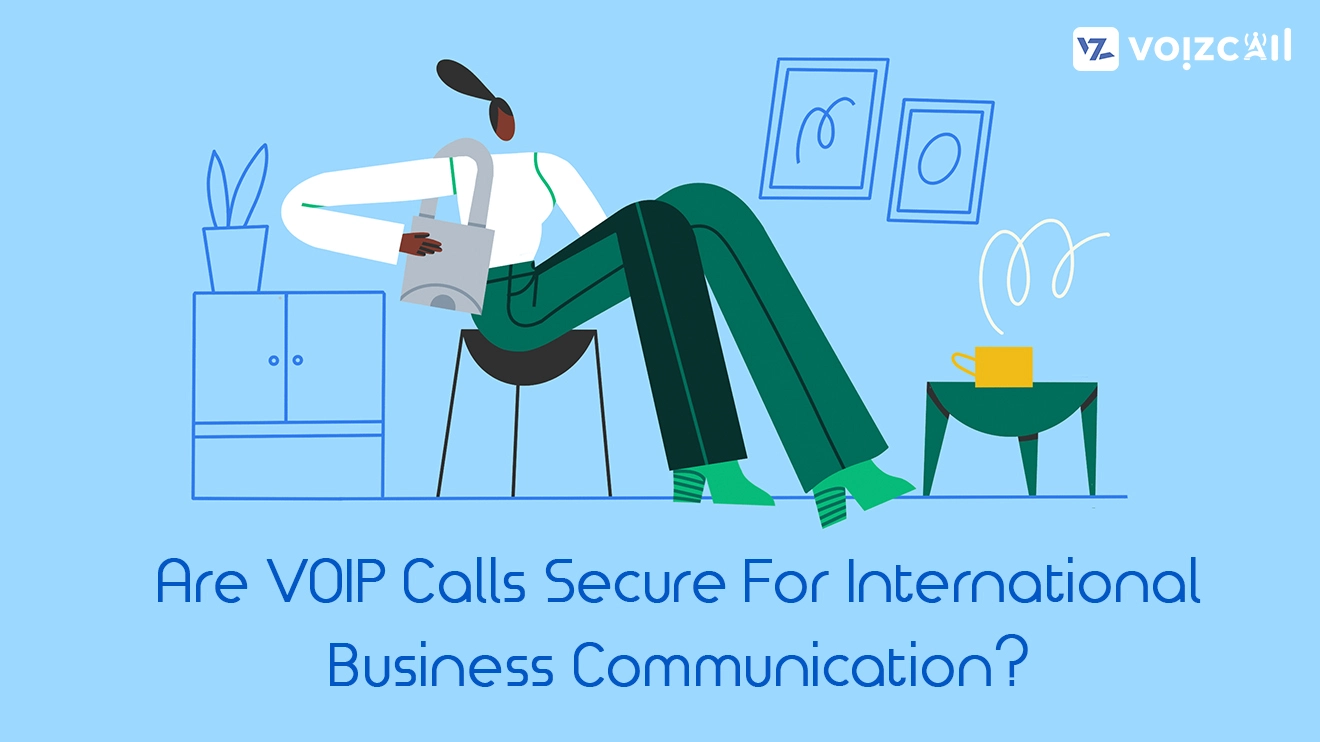


15/Jan/2024
In the ever-expanding global business landscape, Voice over Internet Protocol (VOIP) has emerged as a crucial tool for international communication. However, the question persists: Are VOIP calls secure for international business communication?
Encryption Safeguards: VOIP calls often utilize robust encryption protocols, ensuring that the transmitted data, including voice conversations, remains secure. Advanced encryption algorithms play a pivotal role in safeguarding sensitive information, making interception by malicious entities highly challenging.
Secure Transmission Networks: Leading VOIP service providers invest in secure transmission networks. This not only enhances call quality but also ensures that the data traversing these networks is protected against unauthorized access. Secure networks contribute significantly to the overall security of international VOIP calls.
Authentication Measures: Secure VOIP systems implement stringent authentication measures. Users are required to go through secure login processes, and multifactor authentication adds an extra layer of protection. These authentication protocols prevent unauthorized access and contribute to the overall security of international business communications.
Regular Security Updates: To stay ahead of potential security threats, reputable VOIP providers regularly update their systems. These updates include patches for identified vulnerabilities, ensuring that the communication platform remains resilient and secure against evolving cyber threats.
Network Monitoring and Intrusion Detection: VOIP service providers employ robust network monitoring and intrusion detection systems. These measures actively identify and thwart any suspicious activities or attempts at unauthorized access, reinforcing the security of VOIP calls for international business communication.
While VOIP calls boast impressive security features, it's essential for businesses to actively participate in securing their communications. This involves implementing best practices such as regularly updating passwords, educating users about potential threats, and choosing reputable VOIP service providers with a strong track record in security.
In conclusion, VOIP calls can be secure for international business communication when implemented and managed correctly. By leveraging encryption, secure networks, authentication measures, regular updates, and proactive monitoring, businesses can enjoy the benefits of VOIP while safeguarding the confidentiality and integrity of their international communications.